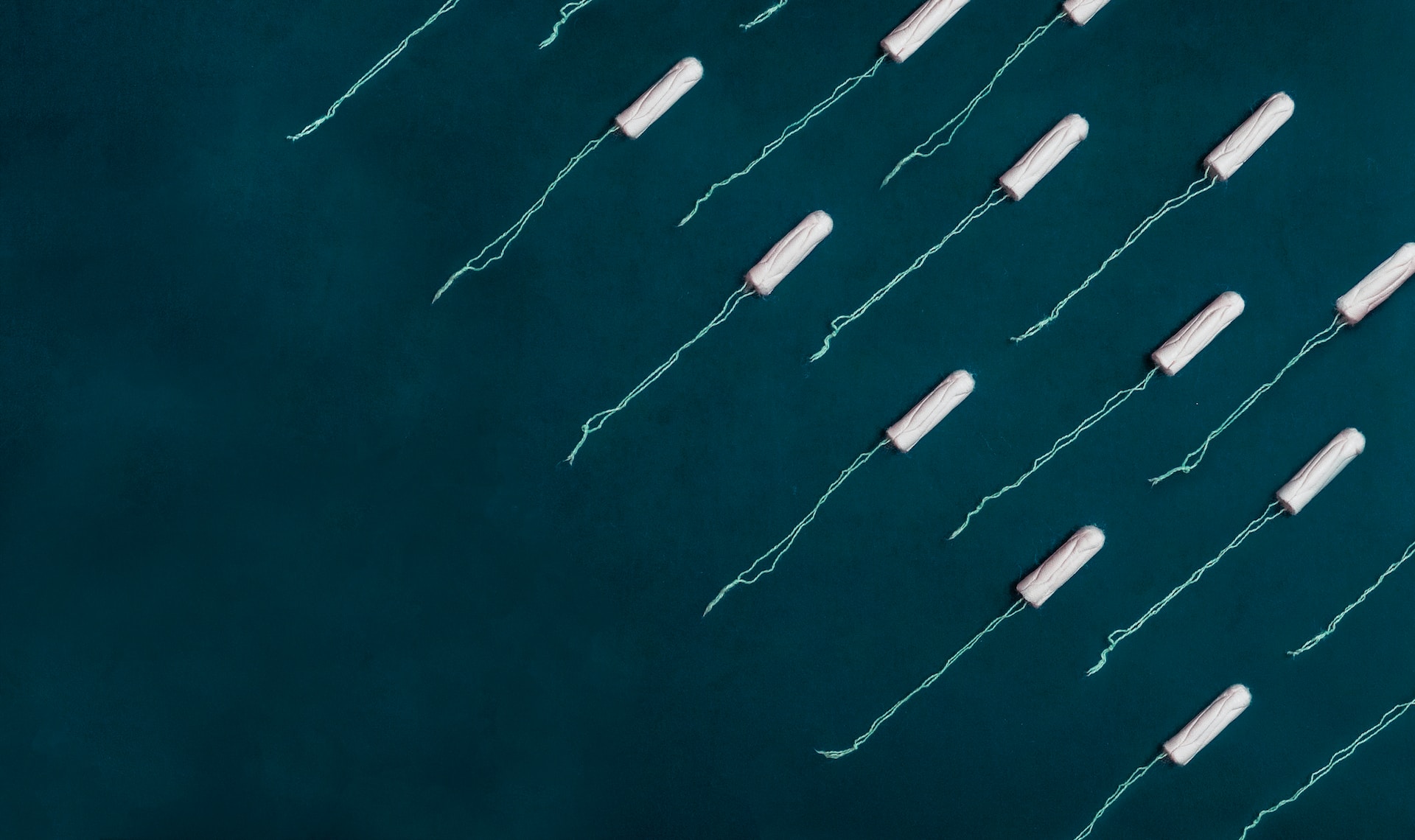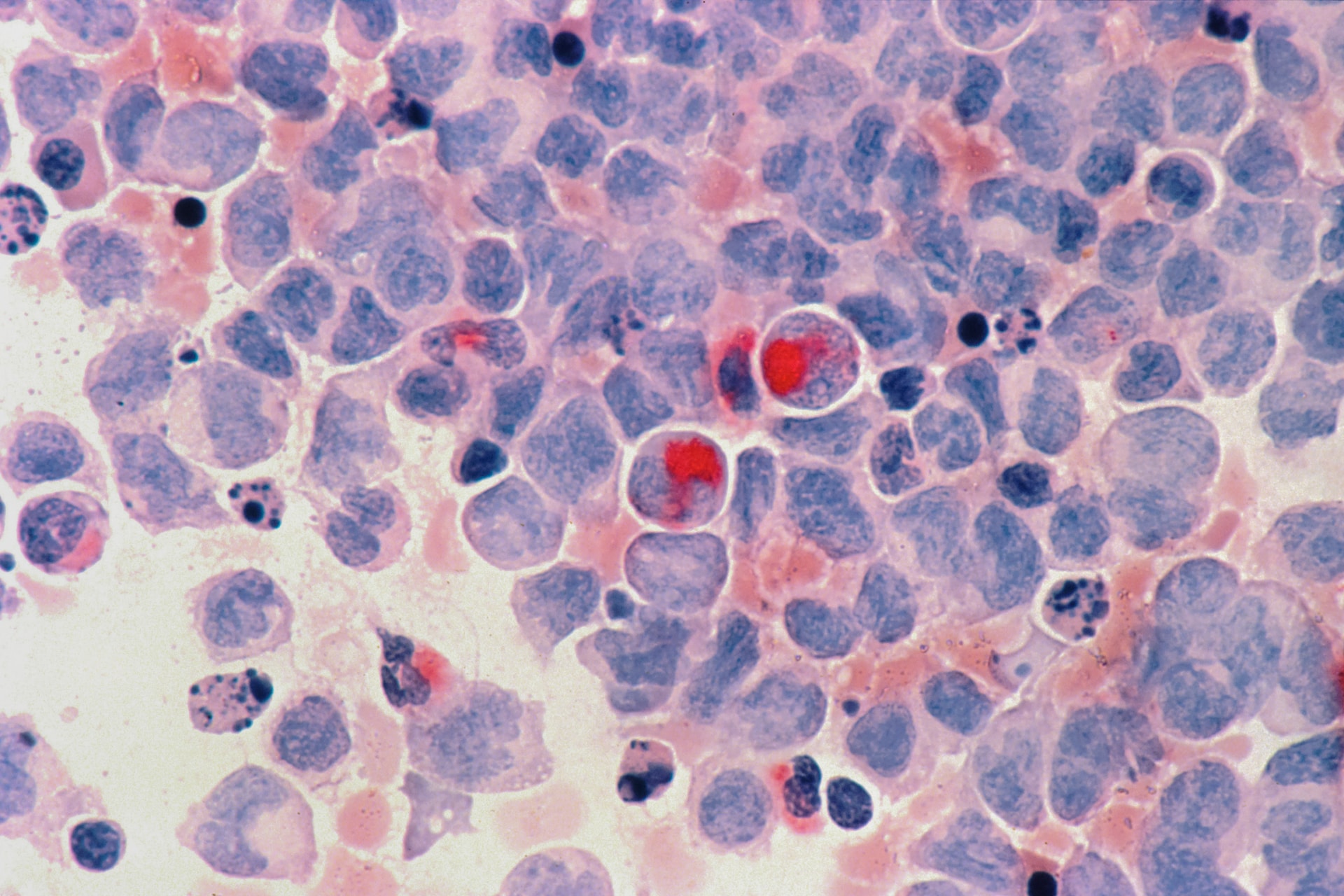The Menstrual Cycle: Puberty and Beyond
1. Puberty and Menstruation
- Puberty marks the onset of the menstrual cycle, typically between ages 8 and 16. It’s a time of physical and emotional changes as the body matures.
- Menstruation, or the monthly period, is a natural part of a woman’s reproductive cycle. It’s essential to educate young girls about menstrual hygiene and how to manage their periods.
2. Reproductive Health
- During the reproductive years, women should prioritize regular gynecological check-ups, including Pap smears and breast exams, to detect and prevent issues like cervical cancer and breast cancer.
- Family planning, contraception, and discussions about fertility are crucial during this phase for women who wish to have children.
Pregnancy and Motherhood
3. Pregnancy
- Pregnancy is a unique and transformative journey. Prenatal care, a balanced diet, and regular exercise are essential for a healthy pregnancy.
- Mental health during pregnancy is equally important. Many women experience mood changes and should seek support if needed.
4. Motherhood
- The postpartum period, or the time following childbirth, is a time of adjustment for new mothers. Adequate rest and support are vital for physical and emotional recovery.
- Breastfeeding, if chosen, requires education and support to ensure both the mother’s and baby’s health.
Perimenopause and Menopause
5. Perimenopause
- Perimenopause typically begins in the late 30s to early 40s. It’s characterized by hormonal fluctuations, irregular periods, and symptoms like hot flashes and mood swings.
- Healthy lifestyle choices, such as a balanced diet and regular exercise, can help manage symptoms.
6. Menopause
- Menopause, usually occurring around age 50, marks the end of the reproductive years. It’s defined as the absence of menstruation for 12 consecutive months.
- Menopausal symptoms vary but may include hot flashes, night sweats, vaginal dryness, and mood changes. Hormone replacement therapy (HRT) and lifestyle adjustments can alleviate these symptoms.
Healthy Aging and Beyond
7. Post-Menopause
- Post-menopausal women should continue to prioritize health through regular check-ups and screenings. Bone health, heart health, and breast health are especially important.
- Staying active, maintaining a healthy weight, and practicing stress management techniques can promote overall well-being during the later years.
Conclusion
Women’s health is a dynamic journey, encompassing various stages and unique challenges. From puberty to menopause and beyond, women should prioritize their health and well-being. This includes regular check-ups, a balanced diet, exercise, and mental health support when needed. By staying informed and proactive, women can embrace each phase of their journey with confidence and vitality. Remember, women’s health is not just a topic for discussion; it’s a lifelong commitment to self-care and empowerment.






